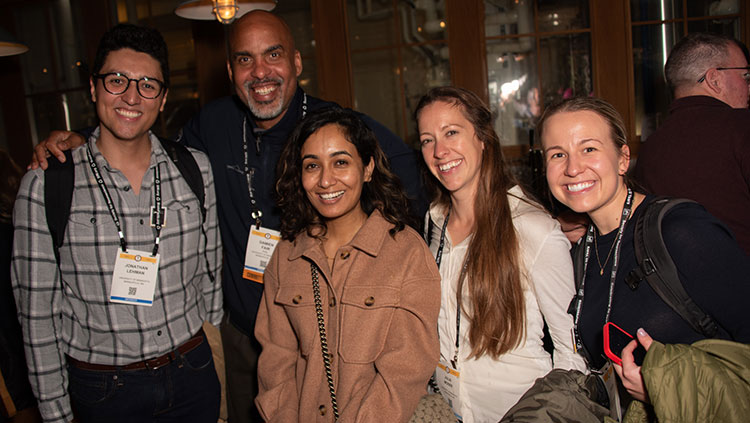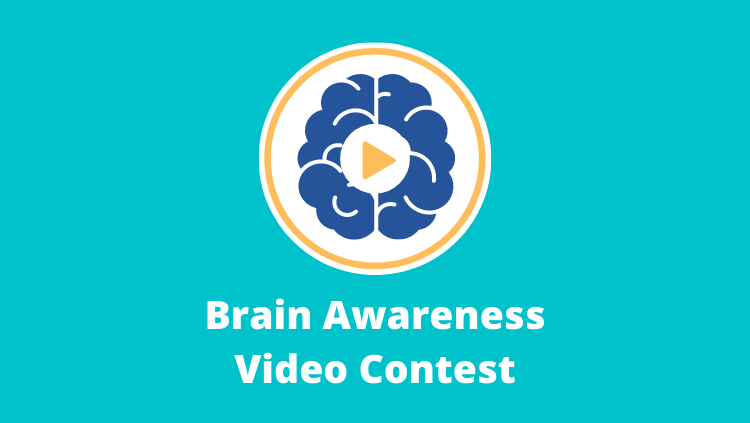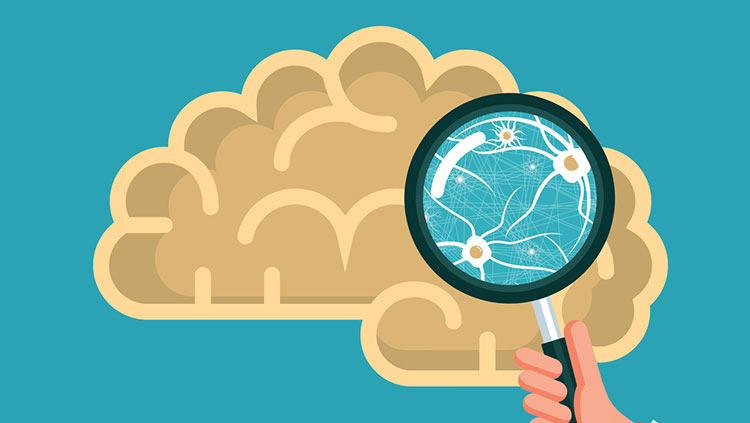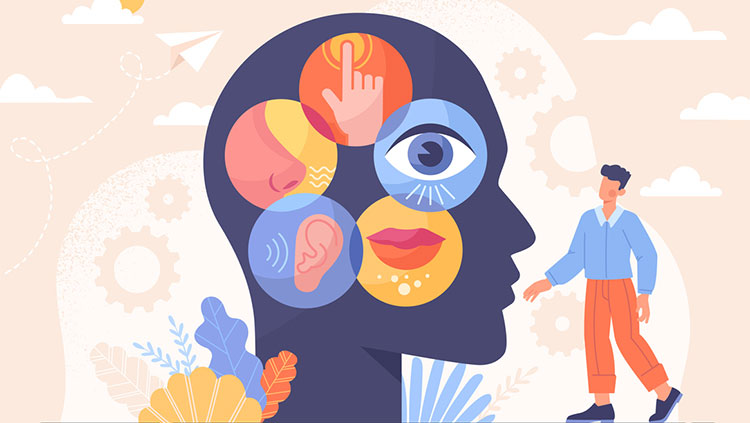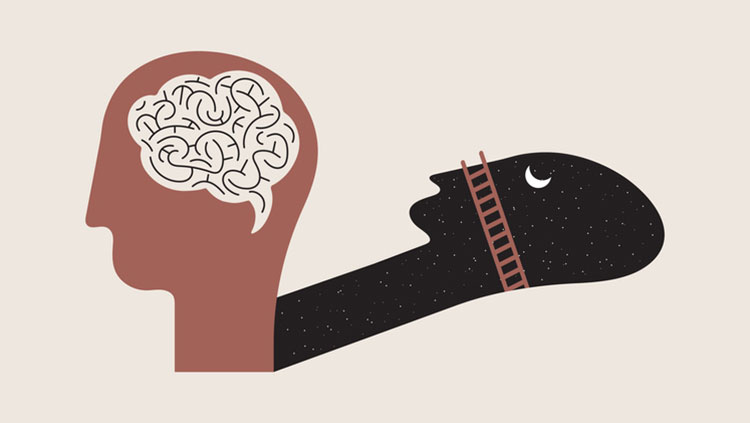Can Your Science Pass a Kid’s Review? Students Review Submissions to Frontiers for Young Minds
- Published9 Mar 2021
- Reviewed23 Mar 2021
This webinar originally aired on March 18, 2021.
Can Your Science Pass a Kid’s Review? Middle and High School Students Review Submissions to Frontiers for Your Minds
Think you explain your science well enough for kids to understand? Take a look as BrainFacts.org partners with Frontiers for Young Minds, and watch maybe the hardest reviewers yet evaluate journal articles.
Frontiers for Young Minds is a non-profit organization that invites distinguished scientist to write about their cutting-edge discoveries in a language that is accessible for young readers. It is then up to the kids to provide feedback and explain to the authors how to best improve their articles before publication.
This webinar was produced in collaboration with Frontiers for Young Minds and BrainFacts.org.
Speakers

Sabine Kastner, MD, PhD
Sabine Kastner studies the neural basis of visual perception, attention, and awareness using a translational approach that combines neuroimaging in humans and monkeys, monkey physiology and studies in patients with brain lesions. Kastner earned an MD from the Heinrich-Heine University of Duesseldorf (Germany) and received a PhD in neurophysiology from the Georg-August University, Goettingen (Germany) under the mentorship of the late Otto Creutzfeldt.
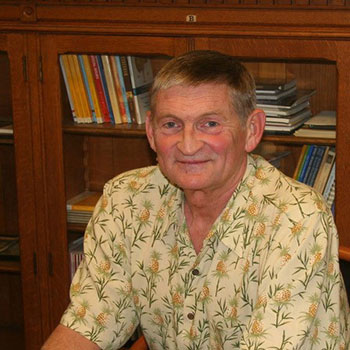
Robert Knight, PhD
Robert Knight is Professor of Psychology and Neuroscience at UC Berkeley. His lab studies neurological patients with frontal lobe damage and also records electrical signals directly from the brain in neurosurgical patients to understand the role of prefrontal cortex in goal-directed behavior.
Moderator

Julia Kam, PhD
Julia Kam is an Assistant Professor at the University of Calgary. Her research explores the phenomenon of mind wandering – what causes it and what are its consequences in our daily life. As a cognitive neuroscientist, she is also deeply interested in understanding how the brain allows our mind to wander away from the here and now. You can find out more about her lab’s research at www.internalattentionlab.ca
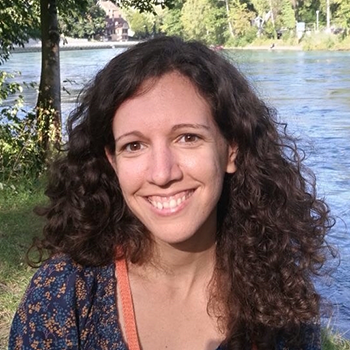
Athina Tzovara, PhD
Athina Tzovara is an Assistant Professor at the University of Bern in Switzerland. Her research is investigating how the human brain functions in the absence of consciousness, for example when a person is in a coma. She is also studying how our brains learn new information from the environment, like sounds or images.
Authors

Maria Ivanova, PhD
Maria Ivanova is interested in understanding how brain injuries affect language and cognitive systems and how these deficits can be remediated. Using innovative multimodal neuroimaging methods, Ivanova and her colleagues explore complex neural patterns that give rise to language and cognitive deficits and neural changes that promote recovery. Her body of work focuses on developing valid and reliable assessment tools for investigating language and cognitive deficits in different patient populations. She enjoys talking about language, the brain, and the connection between the two to kids of all ages.
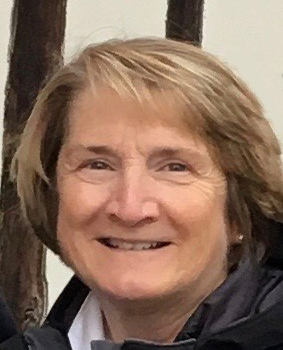
Nina Dronkers, PhD
Nina Dronkers’ research and clinical interests have always focused on understanding the speech, language, and cognitive disorders that occur after injury to the brain. She and her colleagues have worked extensively with individuals who have aphasia to understand the relationship between areas of the brain affected by injury and the speech and language disorders that ensue. Using novel methodologies, Dronkers and her colleagues have isolated numerous brain regions that play critical roles in the processing of speech and language and how these relate to other cognitive skills.

Priti Shah, PhD
Priti Shah is a Professor of Psychology, Information, and Education at the University of Michigan. Her research focuses on higher-level cognition (thinking, reasoning, problem-solving), the basic cognitive mechanisms supporting these abilities (executive functions, attention), and educational application. She has edited three volumes and published over 70 articles and chapters. She is an Associate Editor at Memory & Cognition. In her spare time, she likes to read and paint and spend time with her teenage and adult children.
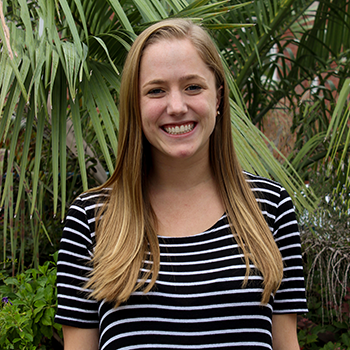
Kathleen Hupfeld, B.S.
Kathleen Hupfeld is a fifth-year Applied Physiology and Kinesiology PhD student at the University of Florida. Her research looks at brain and behavioral differences in older people, astronauts, and folks with neurological differences like ADHD. She uses brain imaging, brain stimulation, and different types of behavioral tests to do this research. She hopes to one day be a professor with a neuroscience lab to continue studying the brain. In her spare time, she loves to read, SCUBA dive and paddle board Florida’s beautiful natural springs, and hang out with her cat Yeti.
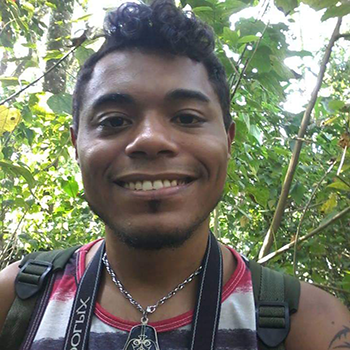
Daniel A. D. Junior
Daniel A. D. Junior is a mastering degree at Oswaldo Cruz Foundation - Fiocruz (Brazil). As a bat researcher, he studies how bats can be a biological indicator of an ecosystem's health, quality and how it can affect humans. Also studies how bats live, what they eat and how they can help our lives.
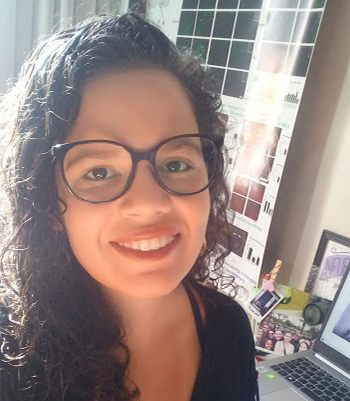
Luana Da Silva Chagas, PhD
Luana Da Silva Chagas is a postdoc researcher at Neural Plasticity Lab at Federal Fluminense University in Brazil. She is interested in understanding how environmental factors can change neural circuits in the early phases of development. She also disseminates the relevance of neuroscience in our everyday lives.



